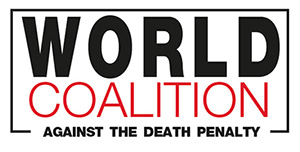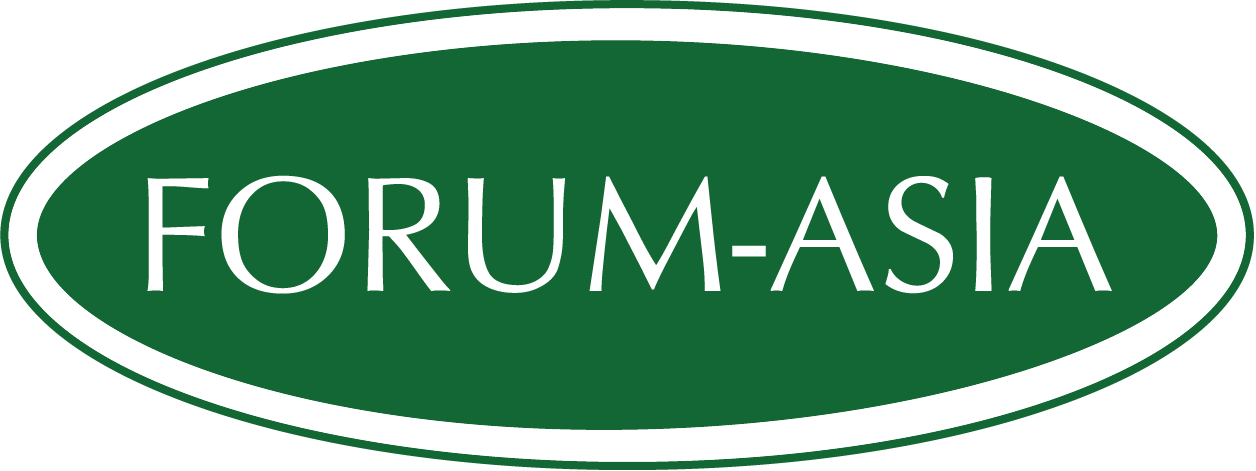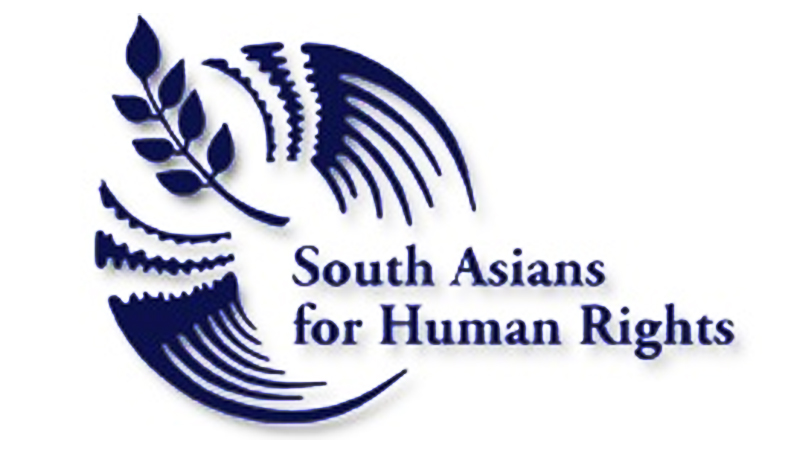More Action, Less Conversation Needed at the Human Rights Council
Press release
More Action, Less Conversation Needed at the Human Rights Council
This is attributable to its silence on mounting crises, to co-ordinated attacks on the universality of human rights, and to an increasingly deleterious atmosphere.
As its 27th regular session drew to a close today, the HRC failed to address human rights crises in Egypt and Bahrain. The Council turned a blind eye to calls from human rights defenders and civil society organizations by failing to adopt a resolution condemning the Egyptian authorities for their systematic attacks on expressive rights, human rights defenders and NGOs. The Council also failed to hold Bahrain to account for its failure to implement recommendations made by the Bahrain Independent Commission of Inquiry (BICI) and in the framework of the Universal Periodic Review (UPR), as well as for its use of reprisals against peaceful activists.
“The paralysis observed in the Council’s plenary room was in sharp contrast to numerous parallel events organized by NGOs and their call for action”, said Karim Lahidji, FIDH President.
The HRC’s 27th session also witnessed co-ordinated attacks on the universality of human rights, as a group of states led by the Organization of the Islamic Conference (OIC) opposed a resolution – which was eventually adopted after a tense debate – on protecting persons from violence and discrimination on the basis of their sexual orientation or gender identity (SOGI). In parallel, a resolution aiming to build on previous initiatives on protecting “civil society space” came under attack – through hostile amendments that were ultimately rejected – by a group of states that restrict the activities of NGOs at home, including China, Cuba, Russia, Egypt and Venezuela.
“Throughout the session, the multiple points of order raised by Egypt, China, Cuba, Saudi Arabia or Iran against NGOs taking the floor before the Council echoed the persecution of national civil society by these states”, said Sheila Muwanga, FIDH Vice-President.
The increasingly deleterious atmosphere risks paralyzing the Human Rights Council and, ultimately, sending the UN back to the times of the late Commission on Human Rights, which had lost its credibility by being hijacked by states responsible for grave human rights violations. Elections for HRC membership are biased by the practice of “clean slates”, which prevents true competition on the basis of merit and allows authoritarian states to become Council members in order to merely shield themselves from criticism and to try to obstruct the Council’s work. According to the HRC’s constitutive text (UN General Assembly resolution 60/251), “the contribution of candidates to the promotion and protection of human rights and their voluntary pledges and commitments made thereto” should be taken into account for elections, and elected members shall “uphold the highest standards in the promotion and protection of human rights”.
The 27th regular session of the Human Rights Council – the main UN body responsible for strengthening the promotion and protection of human rights in the world – took place from 8-26 September 2014 in Geneva. It was the first session that was attended by incoming UN High Commissioner for Human Rights Zeid Ra’ad Al-Hussein. It held ten “panel discussions” on various issues and adopted 32 resolutions. It will hold its next regular session in March 2015.
Press Contacts:
Arthur Manet (French, English and Spanish) – Phone: +33 6 72 28 42 94 (Paris) – email: presse@fidh.org
Audrey Couprie (French, English and Spanish) – Phone: +33 6 48 05 91 57 (Paris) -email: presse@fidh.org
No virus found in this message.
Checked by AVG – www.avg.com
Version: 2012.0.2247 / Virus Database: 4031/7791 – Release Date: 09/29/14
Category: Media Monitoring






